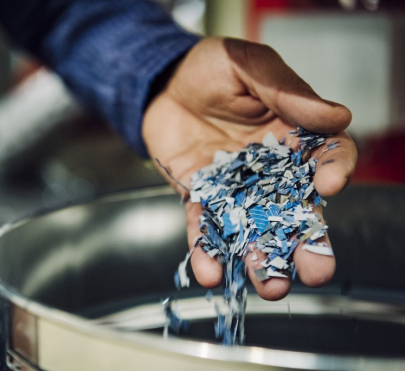National research programme Recycling (PEPR Recyclage)
The Recycling national research programme aims to position France as a leader in recycling and reincorporating materials, thereby contributing to a sustainable circular economy. It aims to optimise recycling technologies, reduce waste and limit the environmental impact of end-of-life materials. By mobilising a diverse range of stakeholders and adopting a systemic approach, the PEPR Recycling programme aims to achieve concrete progress by 2030, thereby contributing to the transition to a competitive and environmentally friendly circular economy.
|
The programme is structured around 11 research areas:
- 5 materials areas:
- Plastics
- Strategic metals
- Composites
- Paper and cardboard
- Textiles
- 4 sectors:
- Batteries
- New energy technologies
- Electronic waste
- Household waste
- 2 cross-disciplinary areas:
- Humanities and social sciences (HSS)
- Digital
These areas involve nearly 70 laboratories across France, strengthening cooperation between academic research and industry for the effective and regional implementation of research projects. The research conducted as part of this programme will enable the development of cutting-edge recycling technologies, improve the recyclability of materials and promote the reuse of materials, thereby responding to current ecological and industrial challenges.
PEPR Recyclage : un programme de recherche pour anticiper le recyclage de demain
Objectifs : réduire notre consommation d'énergies fossiles et renforcer notre souveraineté en réutilisant les matériaux recyclés.
Audiodescription
For more information
- France 2030: an all-new programme to accelerate the recycling and reuse of materials, press release on the occasion of the inauguration of PEPR (06/01/23)
